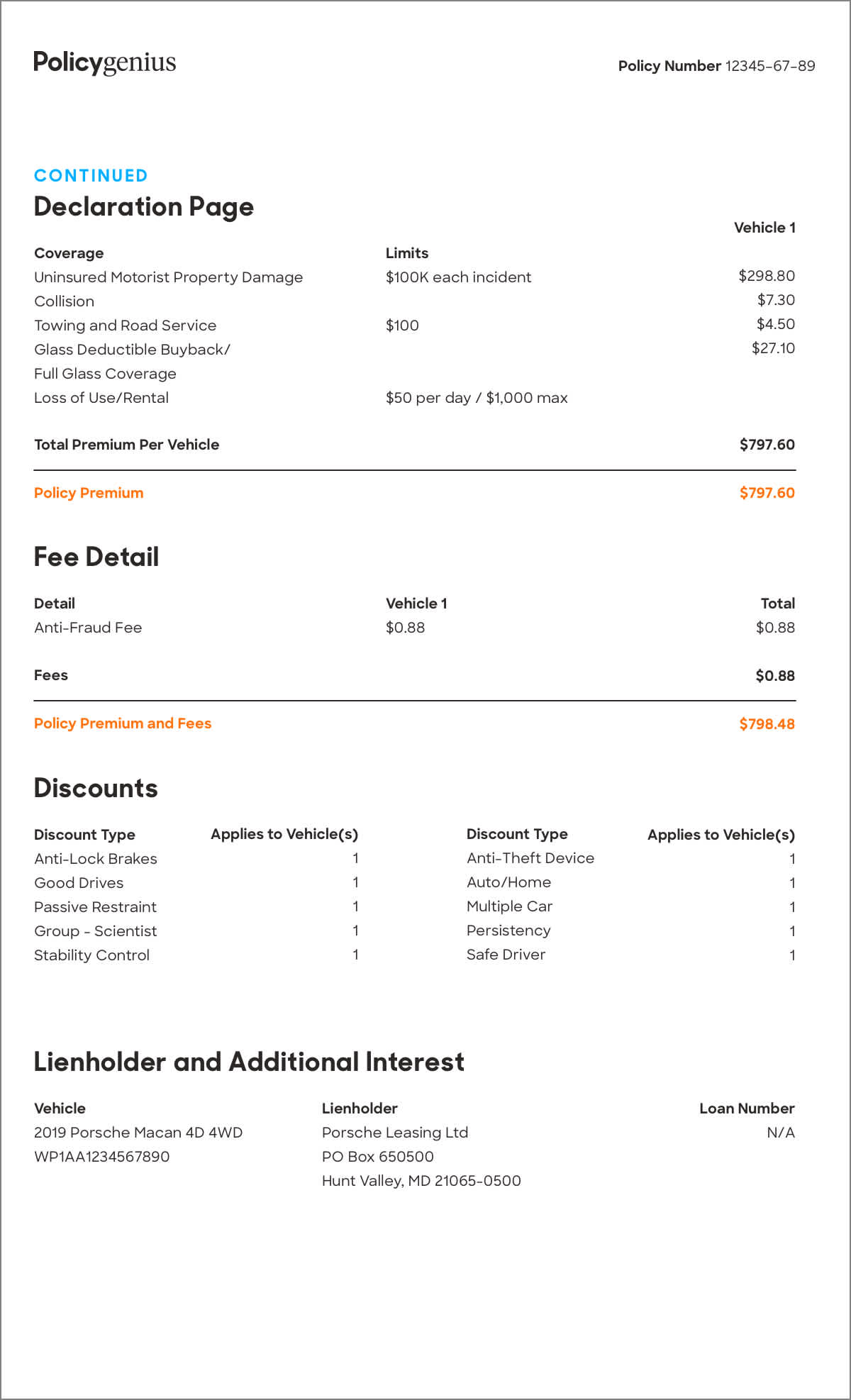Every parent yearns for nothing but the best for their little one, and providing nourishment is an integral part of that care. However, for families struggling to make ends meet, the expense of formula can be a daunting obstacle. Insurance coverage can offer a lifeline, ensuring access to this essential food source. Here’s a comprehensive guide to help you navigate the insurance maze and secure coverage for your infant’s nutritional needs.

Image: insurancecovermentalhealth.blogspot.com
Demystifying Formula Coverage
Most health insurance plans in the United States cover formula to a certain degree, although coverage parameters vary widely. Typically, plans provide coverage for medically necessary formula, prescribed by a licensed healthcare professional, for infants with specific medical conditions. These conditions may include premature birth, allergies, digestive issues, or metabolic disorders that necessitate specialized formula.
To determine your coverage eligibility, it’s crucial to consult with your insurance provider and provide them with documentation from your pediatrician or specialist outlining the medical necessity of your child’s formula. Insurance companies will evaluate each case based on the diagnosis and supporting evidence.
Types of Formula Coverage
Insurance plans typically offer two types of formula coverage:
-
Prescription Formula: This coverage applies to specialized formula prescribed by a healthcare professional to address specific medical conditions. Prescription formula is usually covered in full or at a substantial copay.
-
Over-the-Counter Formula: Some plans may also cover over-the-counter (OTC) formula for infants without specific medical needs. However, OTC formula coverage is often subject to a lower reimbursement rate or a limited number of cans per month.
Navigating Insurance Denials
Unfortunately, insurance denials are not uncommon when it comes to formula coverage. If your claim is denied, it’s essential to appeal the decision. The appeals process typically involves gathering additional medical documentation, submitting a letter of medical necessity, and providing any other relevant information that supports your case.
It’s advisable to seek guidance from a patient advocate or your healthcare provider during the appeals process. They can assist you in understanding the insurer’s rationale and provide support in navigating the appeals system effectively.

Image: nebash.com
Tips for Maximizing Coverage
-
Document Medical Necessity: Obtain written documentation from your healthcare provider clearly stating the medical diagnosis and the specific formula your child requires.
-
Provide Timely Appeals: File appeals within the timelines specified by your insurance provider to avoid losing coverage.
-
Consider Supplemental Insurance: Explore supplemental insurance options like flexible spending accounts or health savings accounts (HSAs) to offset formula costs if insurance coverage is limited.
-
Contact Formula Manufacturers: Many formula manufacturers offer financial assistance programs or rebates for families facing financial challenges.
-
Seek Community Support: Reach out to local nonprofits, food banks, or WIC (Women, Infants, and Children) programs for additional support and resources.
How To Get Insurance To Cover Formula
Formula for a Healthy Future
In the tapestry of parenting, access to formula for infants is a thread that weaves together nourishment, health, and hope. Insurance coverage can provide a vital safety net, ensuring that every child has an equal opportunity to thrive and reach their developmental milestones. By understanding the intricacies of formula coverage, families can navigate the complexities of the healthcare system and secure the essential nutrients their little ones need to grow and flourish.